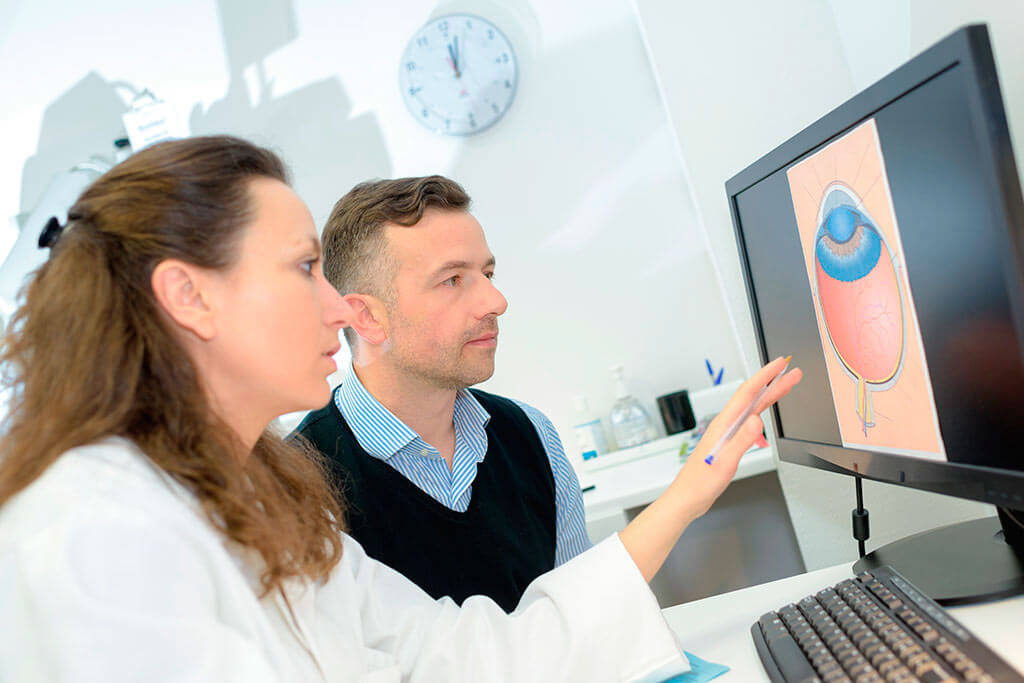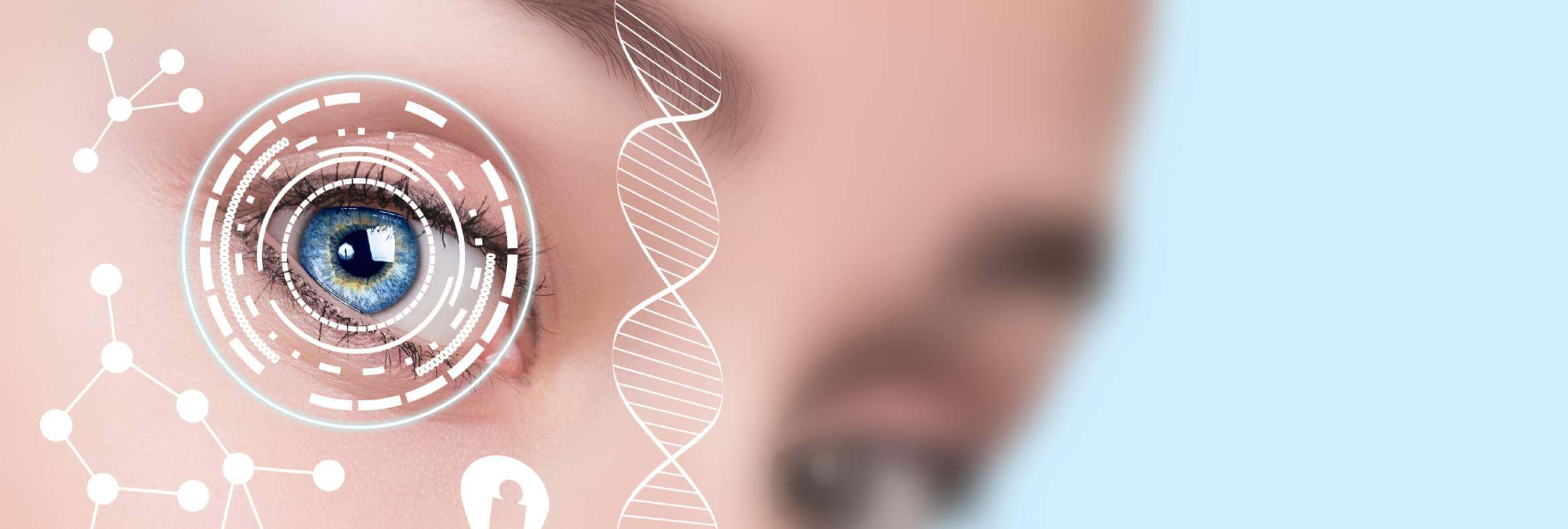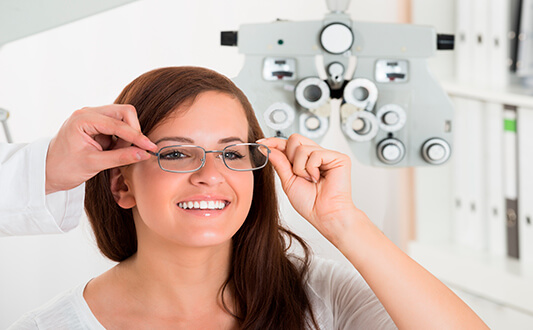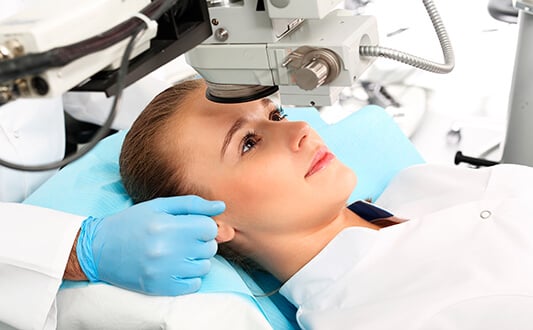A few years ago, patients who lost their vision due to the degeneration of the retina did not have any hope to restore their vision. Luckily, medical science has progressed significantly further and can now offer a real chance to get partial vision for such patients. Argus II retinal prosthesis system was invented in Germany. It is implanted into the eyeball so that the patient can see.
Content
- Who needs the artificial retina?
- Mode of Action
- Benefits of Artificial Retina
- What Kind of Vision is It Going to Be?
Who needs the artificial retina?
Artificial retina is going to be a Godsent to the people who lost their vision as a result of a degenerative disease like:
- Retinitis pigmentosa
- Macular degeneration
The Argus II retinal prosthesis system became the first retinal implant approved in Europe in 2011. The system has been used in the USA since 2014.
Argus II helps a person to recognise objects, contrasts and movements. The chip has been developed in Germany and it is currently produced in the USA. Argus II received CE marking (Conformité Européenne) in 2013 meaning it completely responds to the quality standards of the European Union and doesn’t bring any harm to one’s health.
Argus II doesn’t fit for every single patient as there must be a remaining layer of ganglion cells. That’s why a patient has to undergo optical coherence tomography at the stage planning the treatment. Tomography helps to define if there is a chance to implant the artificial retina.
Mode of Action
Argus II implant helps a patient to see with low-resolution thanks to the electric stimulating of the remaining retinal cells. Prosthesis is placed on the internal retinal layer.
A silicon wafer containing electrodes is installed into the implant. Basically, Argus II contains the whole of 60 electrodes, though they plan to increase the number up to 256 to ensure improved vision. Electrodes receive the signal from the external device and stimulate the optic nerve. Power is supplied from the external system by means of a radio frequency induction.
Argus II also includes an external system that is installed into the glasses and represents the video camera recording the real-time images. Data is sent to the implant through the integrated video processor over a wireless network.

Benefits of Artificial Retina
Argus II can offer a number of benefits as compared to other similar devices:
- German reliability means Argus II will not fail after just a few months of use
- Provides visual perception, even if degenerative process goes beyond the photoreceptor layer of the retina
- Small size of the implant
- Ability to update the device if necessary without surgery
- Ability to adapt image processing to a specific patient
What Kind of Vision is It Going to Be?
Argus II ensures a low-resolution vision. Nonetheless, it gives a chance to lead a close- to normal- everyday lifestyle, recognize subjects, respond to movements and see the contrasts. Research has also proved that a patient’s vision adapts to the Argus II within some time after the implantation and a person’s recognition of objects can improve. Certain patients can even read super enlarged text.
In any case, such a vision is better than complete blindness. Argus II has recently appeared on the market, but has already helped to improve the quality of life of many people who became disabled due to retinal degeneration. So far, its high cost does not allow the device to be used by everyone, at least not yet, especially in developing countries. However, people who are sufficiently wealthy are already able to partially regain their vision.
Choose treatment abroad and you will for sure get the best results!
Authors:
The article was edited by medical experts, board certified doctors Dr. Vadim Zhiliuk and Dr. Nadezhda Ivanisova. For the treatment of the conditions referred to in the article, you must consult a doctor; the information in the article is not intended for self-medication!
Sources:
International Council of Ophthalmology
Read:
German Ophthalmology - Treatment of Eye Diseases in German Hospitals
Innovative drugs and surgical techniques for restoring sight in Germany
Don't know where to start?
Contact Booking Health






